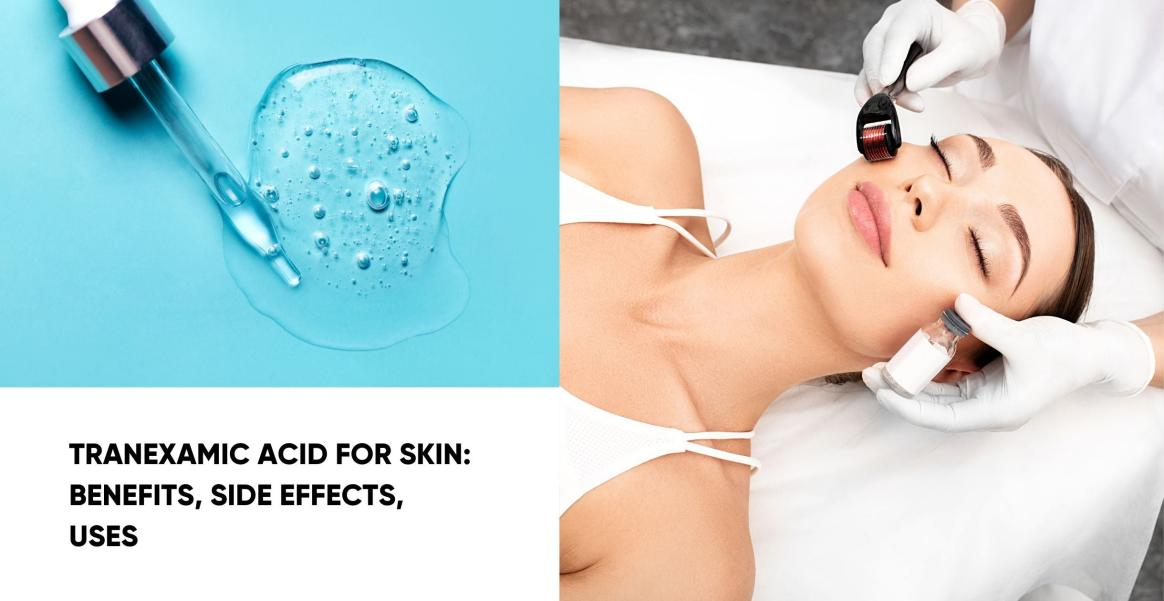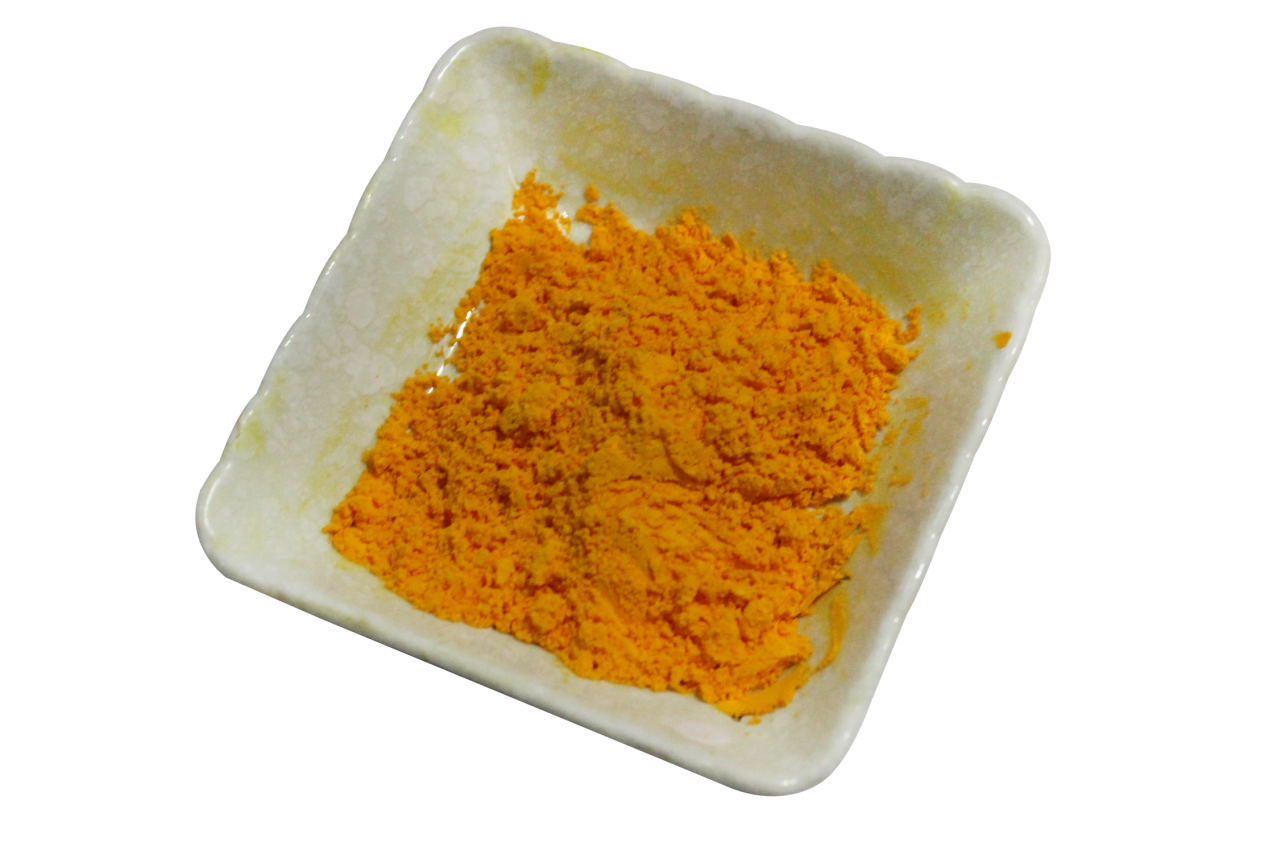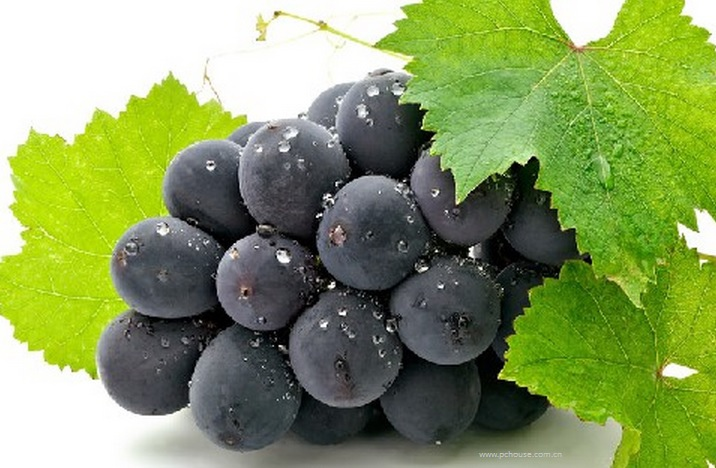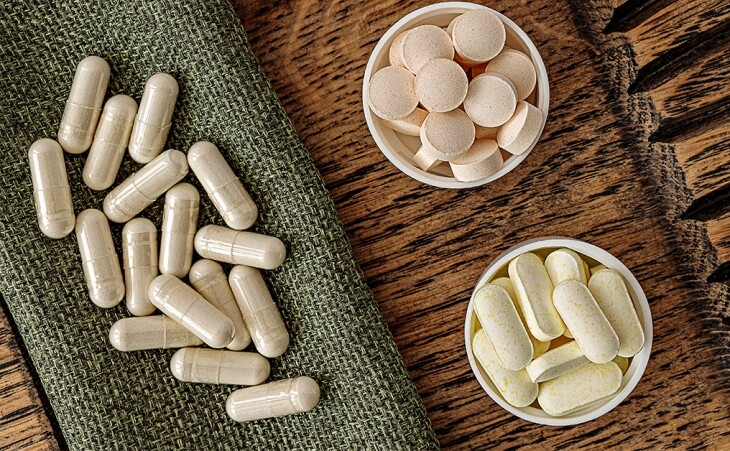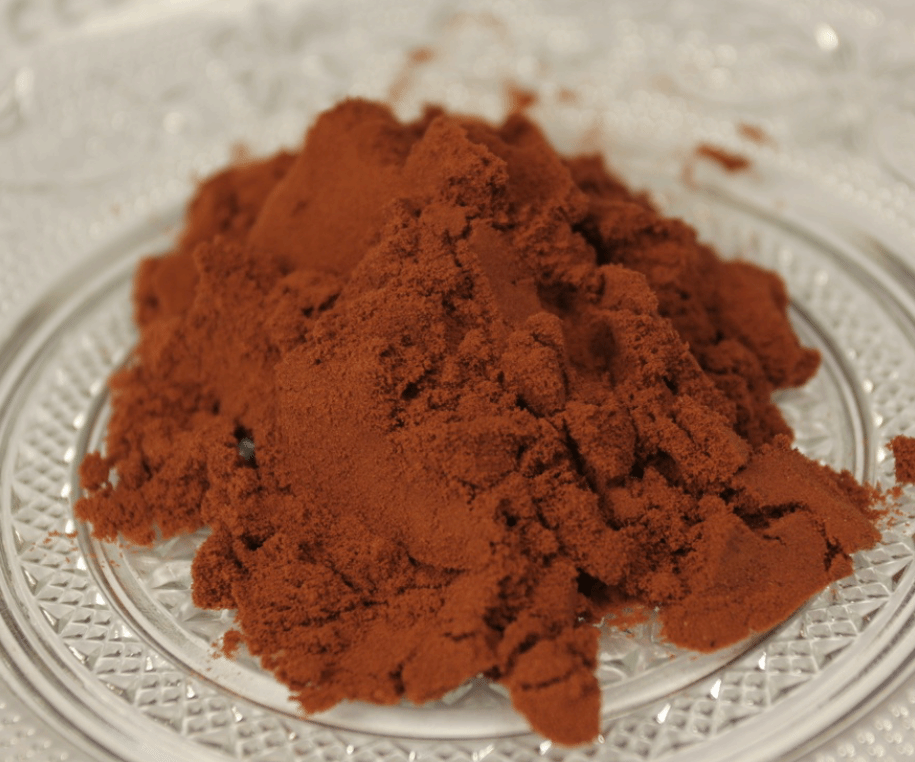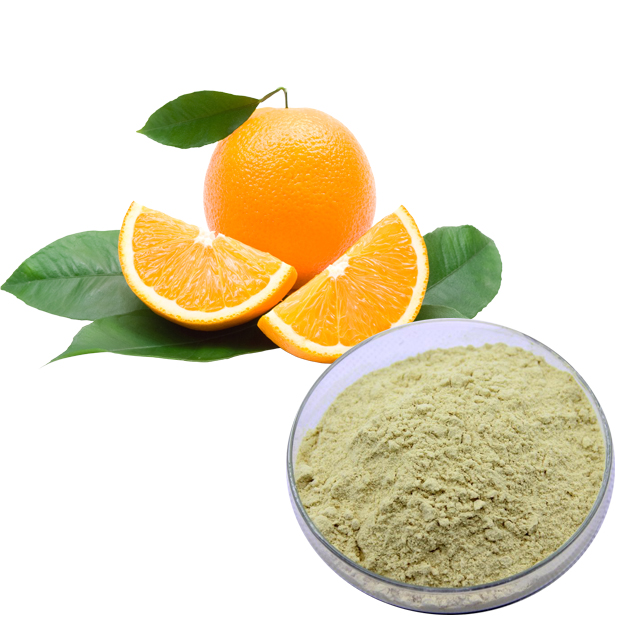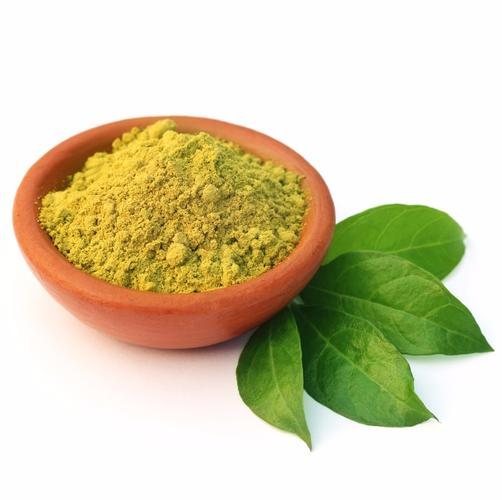Nutritional Value and Health Benefits of Astaxanthin
Astaxanthin, also known as astacin or xanthophyll, is a type of keto-carotenoid that appears deep red in color. It is derived from three sources: algae, fermentation, and artificial synthesis. Although these sources have the same chemical formula, they differ significantly in function and safety. Among them, natural astaxanthin derived from Haematococcus pluvialis algae is of the highest quality and has the strongest efficacy. When algae face environmental stress (such as nutrient deficiency, increased salinity, or excessive sunlight), they produce astaxanthin. Salmon, Arctic shrimp, lobsters, and flamingos exhibit red coloration due to consuming Haematococcus pluvialis.
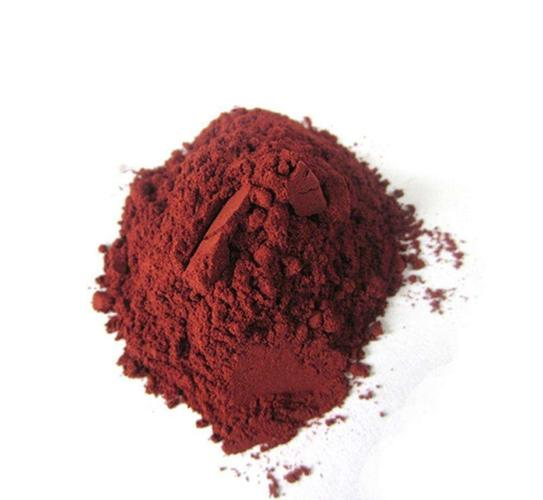
Antioxidant Properties of Astaxanthin
Astaxanthin is the most powerful antioxidant found in nature, with antioxidant capabilities 6000 times that of vitamin C, 800 times that of coenzyme Q10, and 1000 times that of vitamin E. It offers various benefits, including antioxidation and protection against free radicals. Its efficacy has been supported by over a hundred published papers, and it is widely used in health supplements, high-end cosmetics, pharmaceuticals, and more.
Astaxanthin's Benefits for Skin Care
Astaxanthin can maintain skin moisture and elasticity and, due to its strong antioxidant properties, can also protect the skin from UV damage. Natural astaxanthin can absorb significant amounts of UVA, acting as a natural sunscreen to prevent skin aging and wrinkles caused by UV exposure. Its ability to eliminate free radicals can effectively inhibit melanin deposition, making the skin fairer and reducing spots. This whitening effect is far superior to arbutin and vitamin C. By blocking the oxidation and breakdown of collagen caused by free radicals, astaxanthin helps maintain healthy skin metabolism, enhancing skin elasticity and radiance.
Cardiovascular Benefits of Astaxanthin
Astaxanthin's antioxidant activity protects the heart and supports cardiovascular health by preventing arterial blockage and reducing the risk of stroke and heart disease. Natural astaxanthin can dilate capillaries, helping to lower blood pressure by expanding blood vessels. Therefore, using natural astaxanthin alongside antihypertensive drugs can better reduce blood pressure. Additionally, astaxanthin significantly inhibits LDL oxidation, preventing the progression of cerebral arteriosclerosis and enhancing HDL, which combats atherosclerosis by transferring foam cells and unstable plaques to the liver for elimination. Astaxanthin also inhibits inflammatory factors, preventing the rupture of atherosclerotic plaques and the formation of blood clots, thus reducing the risk of stroke.
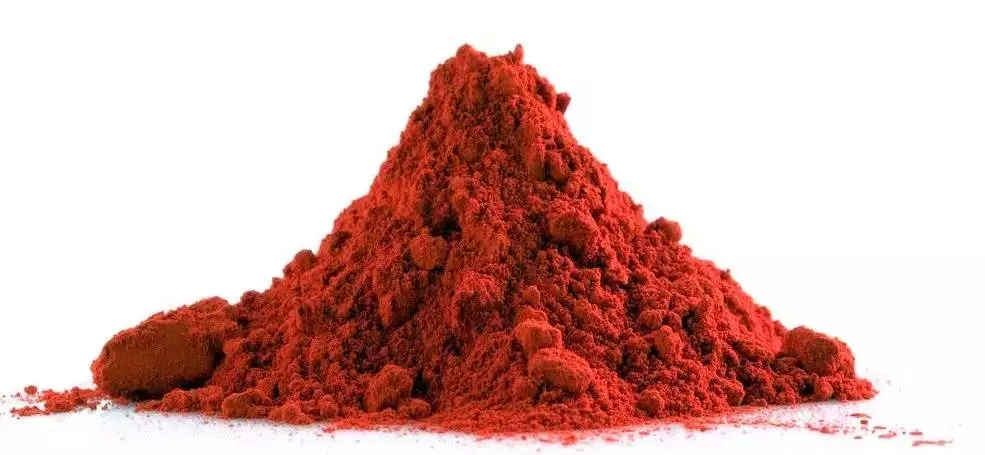
Astaxanthin's Impact on Diabetes and Kidney Disease
Traditional antihypertensive drugs may have harmful side effects, but astaxanthin can prevent insulin signal loss and promote insulin-mediated glucose metabolism. Studies show that type 2 diabetes is associated with reduced adiponectin levels, and astaxanthin effectively increases adiponectin levels, thus effectively controlling type 2 diabetes. Additionally, 70% of diabetic patients may develop kidney disease within five years. Astaxanthin is the only known substance that can effectively prevent diabetic nephropathy.
Protective Effects of Astaxanthin on Eye Health
Natural astaxanthin is the only keto-carotenoid that can cross the blood-brain barrier, eliminating free radicals that cause chronic oxidative damage to the eyes. It protects eye cells from cataracts, glaucoma, age-related macular degeneration, and other eye diseases. Astaxanthin's antioxidant effect on the eyes is 200 times that of lutein and 150 times that of anthocyanins. It can also improve focusing ability and enhance blood circulation within the eyes, reducing visual fatigue. People who use computers, smartphones, and other electronic devices frequently can protect their eyes by taking astaxanthin supplements.
Contact:James Yang
Tel/WhatsApp: +8619992603115
WeChat:19992603115
Email: sales@xabcbiotech.com


